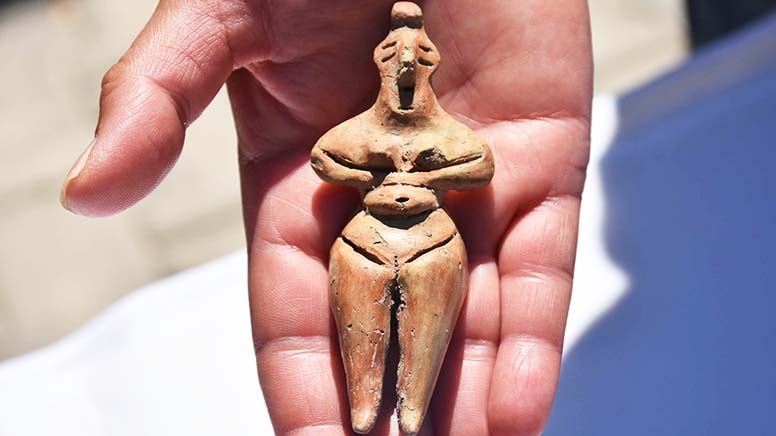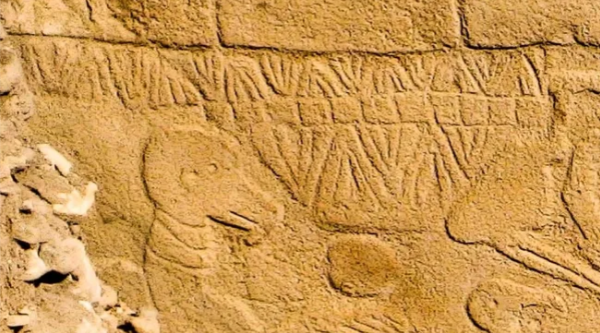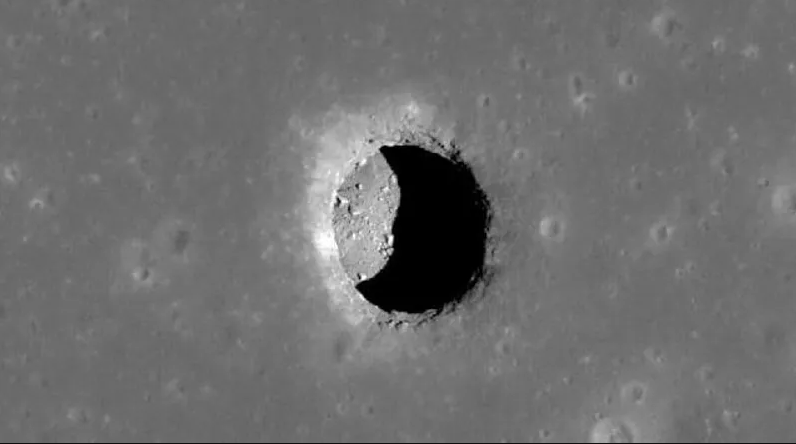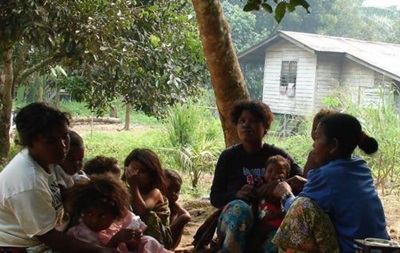
- A-
- A
- A+
Linguists Discover New Language Spoken By Just 280 People
English may be the most widespread language in the world, but across the globe people are speaking more languages than experts can keep track of. Linguists estimate there are up to 7,106 languages spoken in the world today—and now they’ve found another.
Researchers from Sweden’s Lund University have discovered a previously unknown language spoken by a small hunter-gatherer community in northern Malaysia. The team was studying a group of languages (called the Aslian languages) spoken by the indigenous people of the Malay peninsula. They noticed that they could separate out a distinct language in the data they were collecting on Jahai, an Aslian language. Some of what they were hearing resembled other Aslian languages from faraway parts of the peninsula.
The new language has been dubbed Jedek, and it is spoken by just 280 people in a single village. It is particularly interesting that the language was not discovered among an isolated tribe, but rather in a village that had been studied before by anthropologists, according to Niclas Burenhult, a linguist at Lund University. “As linguists,” he said, “we had a different set of questions and found something that the anthropologists missed.”
As often is the case in the development of languages, Jedek reflects the culture and traditions of its speakers. This tiny subset of the peninsula’s population lives communally—thus, they lack words that signify ownership or occupation. Instead, they have more words that indicate sharing activities and notions of equality.
Language can affect how we see color or how we experience emotions. Jedek, too, is yet another example of how languages can surprise us and influence our understanding of people around the world.
Similar News
Links
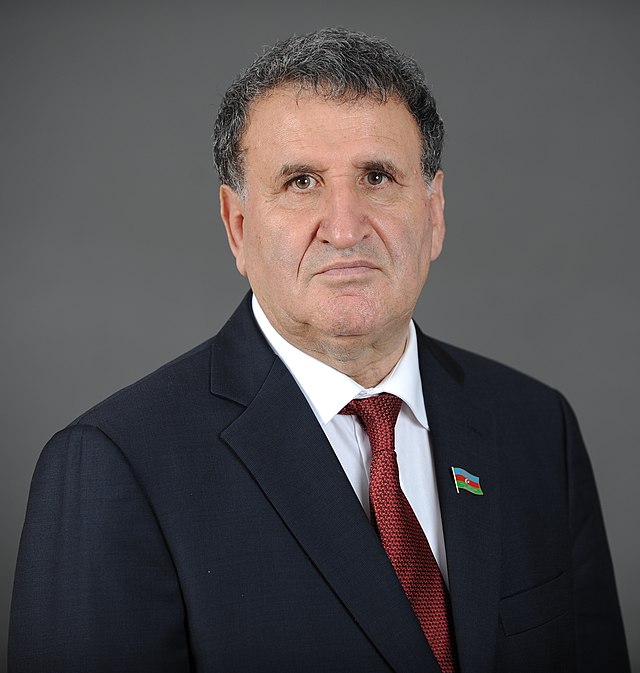
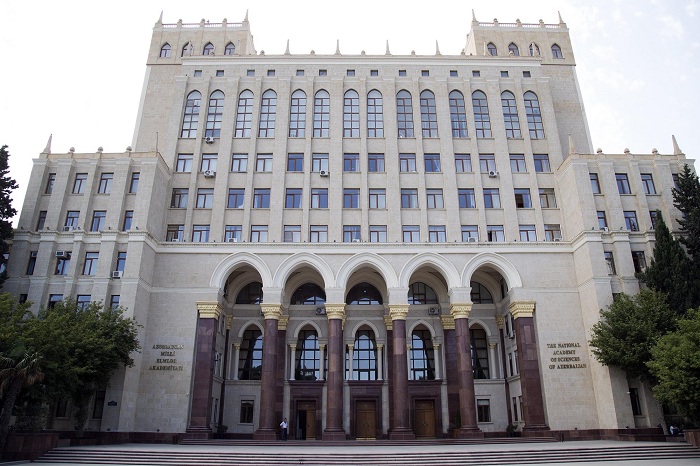
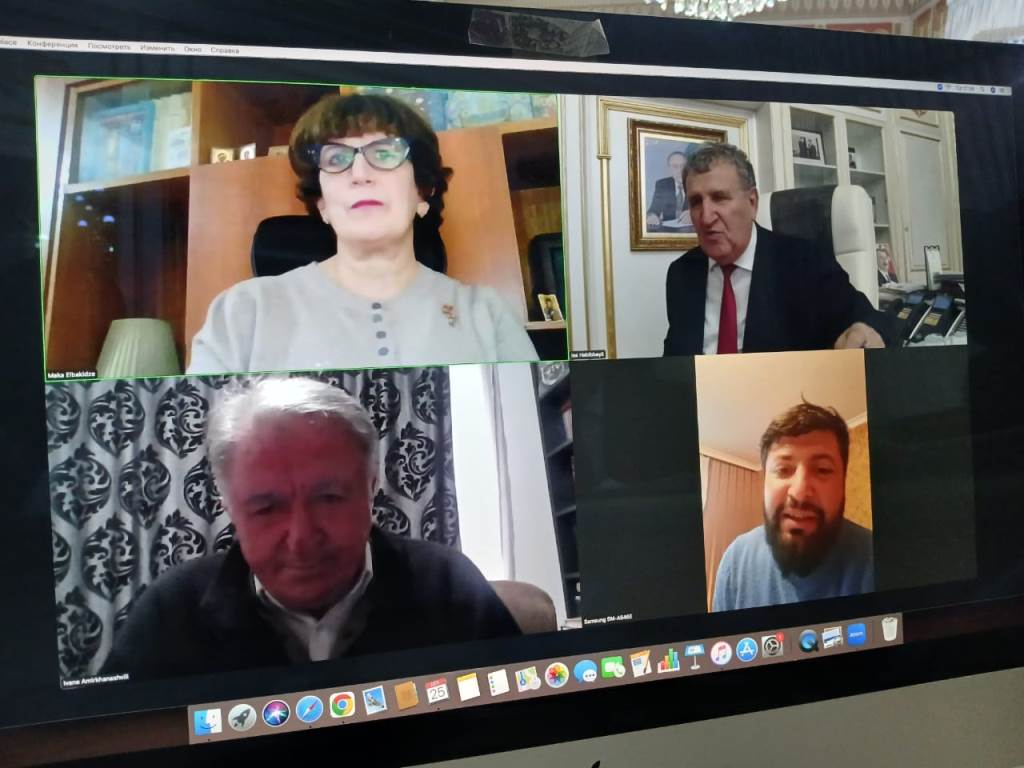

 Elm TV
Elm TV
 Photo
Photo
 Video
Video
